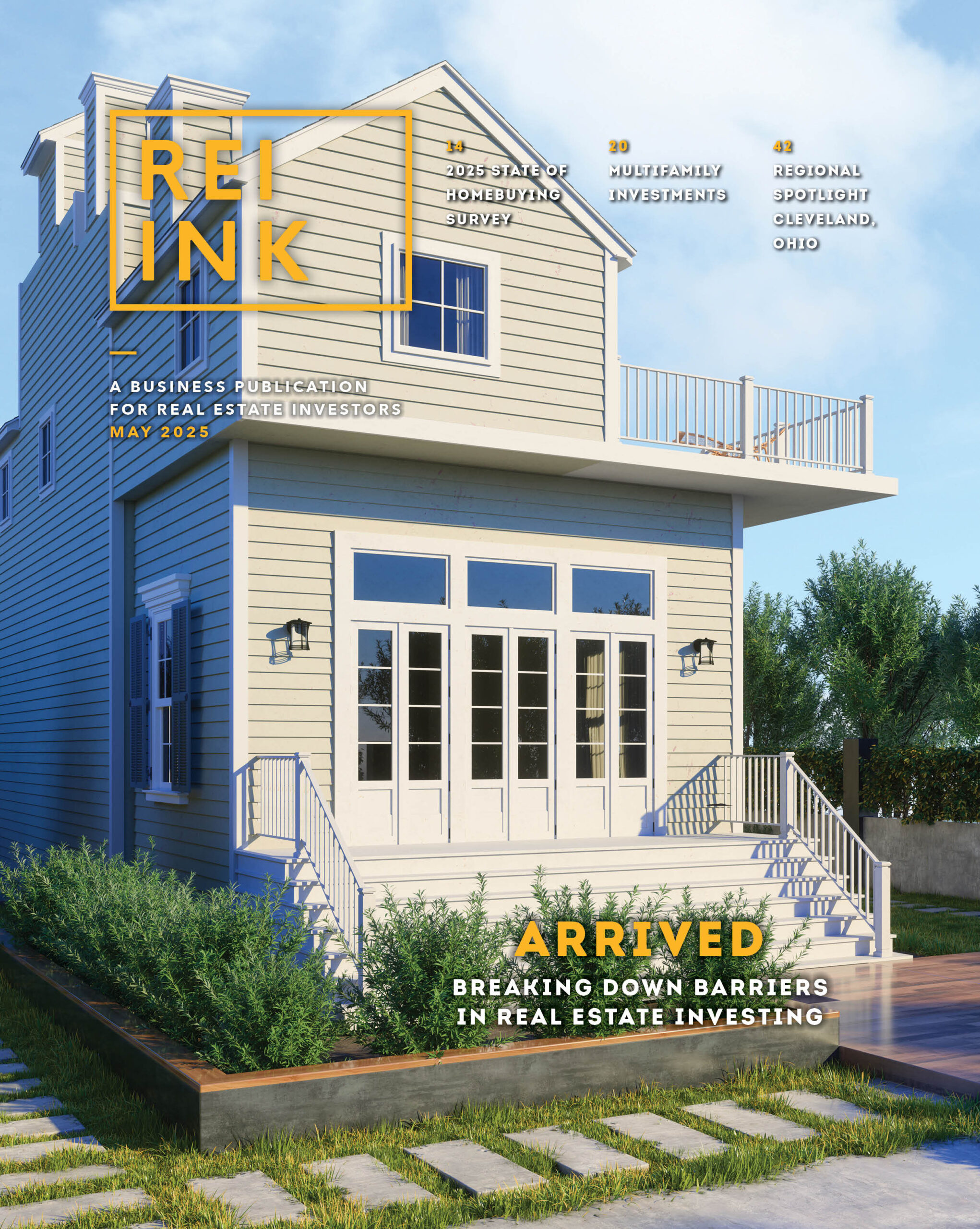Cutting Red Tape to Build More Housing
By David Howard
Recently the Biden Administration proposed a number of actions and policy reforms designed to spur new housing development. The administration’s clear intent is to reduce and recast existing regulatory barriers that restrict or disincentivize the production of new housing, especially affordable housing. The actions announced are listed below with narrative explanations reprinted from a White House fact sheet.
Making funding available to help communities break down barriers to housing
The Department of Housing and Urban Development (HUD) is announcing the availability of $100 million through its landmark Pathways to Removing Obstacles to Housing (PRO Housing) program, which provides grants to communities to identify and remove barriers to affordable housing production and preservation.
Providing interest rate predictability to spur housing development
The Department of the Treasury and HUD are announcing a major improvement to the Federal Financing Bank (FFB) Multifamily Risk Sharing Program that would provide greater interest rate predictability for state and local housing finance agencies that finance housing projects through the FFB. This new action will provide housing finance agencies with greater certainty about the interest rate that they will face after the construction period ends, making more housing developments financially viable.
Streamlining requirements for transit-oriented development projects
The U.S. Department of Transportation (DOT) is announcing new guidance to streamline and clarify requirements for closing DOT loans for residential development near transit, including commercial-to-residential conversions.
Accelerating historic preservation reviews for federal housing projects
The Advisory Council on Historic Preservation (ACHP) proposed a new tool that would accelerate historic preservation reviews for millions of federally-funded, licensed, or owned housing units across the country.
Challenging communities to use Section 108 to build housing
HUD is launching a Legacy Challenge — encouraging communities that directly receive Community Development Block Grants to leverage low-cost, low interest loans for transformative housing investments.
Enabling more housing types to be built under the HUD Code
HUD anticipates finalizing a rule to update its Manufactured Home Construction and Safety Standards. In addition to making changes that will increase the quality, energy efficiency, and resilience of manufactured homes, the new rule, if finalized, would enable duplexes, triplexes, and fourplexes to be built under the HUD Code for the first time, extending the cost-saving benefits of manufactured housing to denser urban and suburban infill contexts.
Expediting housing permitting
Permitting requirements contribute to the nationwide housing shortage, leading many would-be deals to not be financially viable or be scaled down, and driving up the cost of housing. Reforms to streamline permitting processes can lead to more housing being built more quickly, which will lower housing costs.
The NRHC Perspective
With the cost of regulation accounting for nearly one-quarter of the total sales price of a newly-built home, efforts to reduce the administrative burden of building and developing housing can serve as an important step on the path to expanding the supply of new homes, a point the Administration emphasized in its comments announcing this week’s actions: “Building rental units and homes faster means lower costs for consumers: not only will more units get to the market faster, but increasing the speed of construction lowers building costs.”
Through these actions, the administration has expanded on what has become a robust — and commendable — effort to support new housing development by reducing bureaucratic and costly red tape. However, while right-sizing the regulatory state is clearly a positive, the administration’s continuing attacks on “corporate landlords” and calls of support for national price controls on the rental housing market (i.e., rent control) are counterproductive to the larger objective of creating a stronger, more viable housing market for all.




















